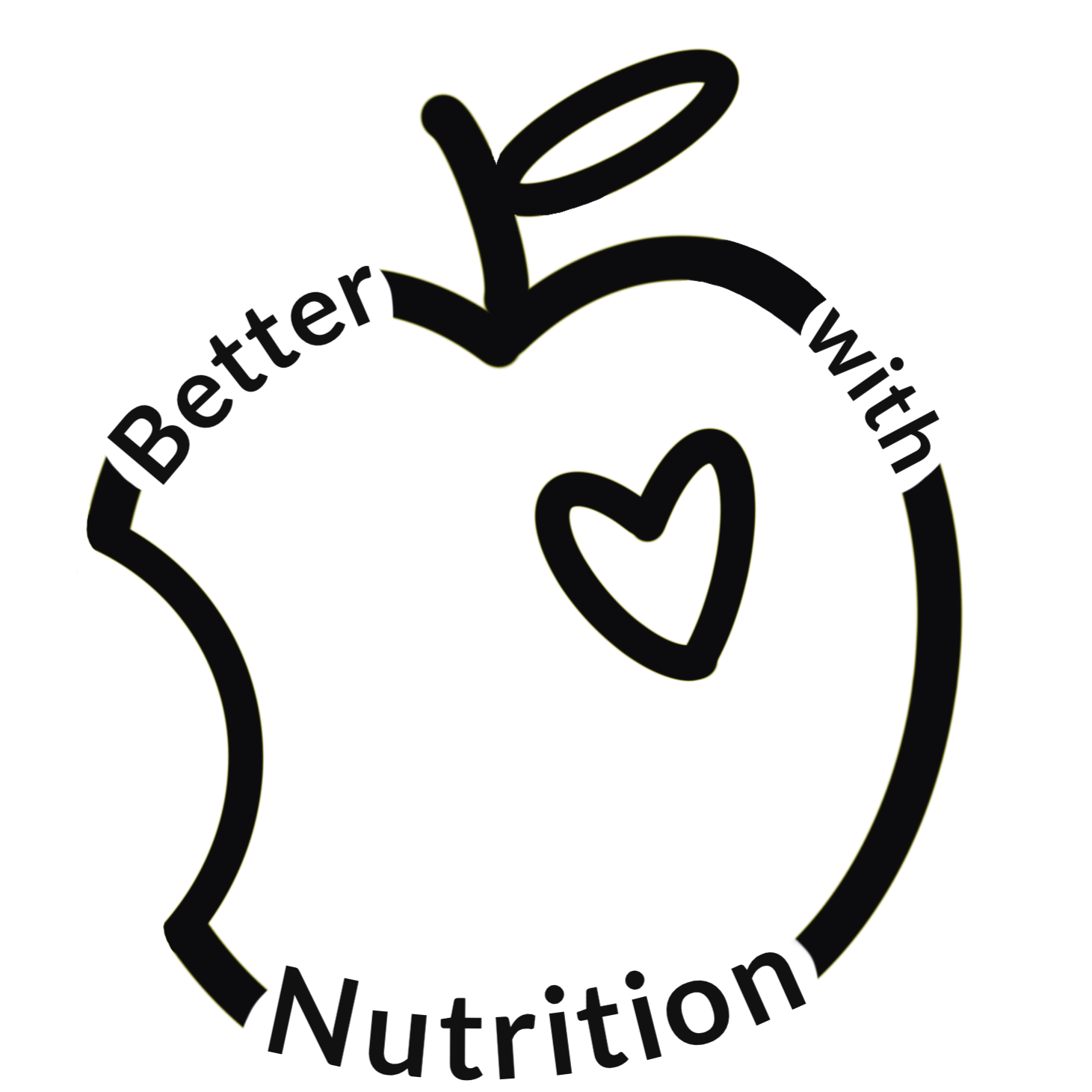Building Immunity During the Pandemic
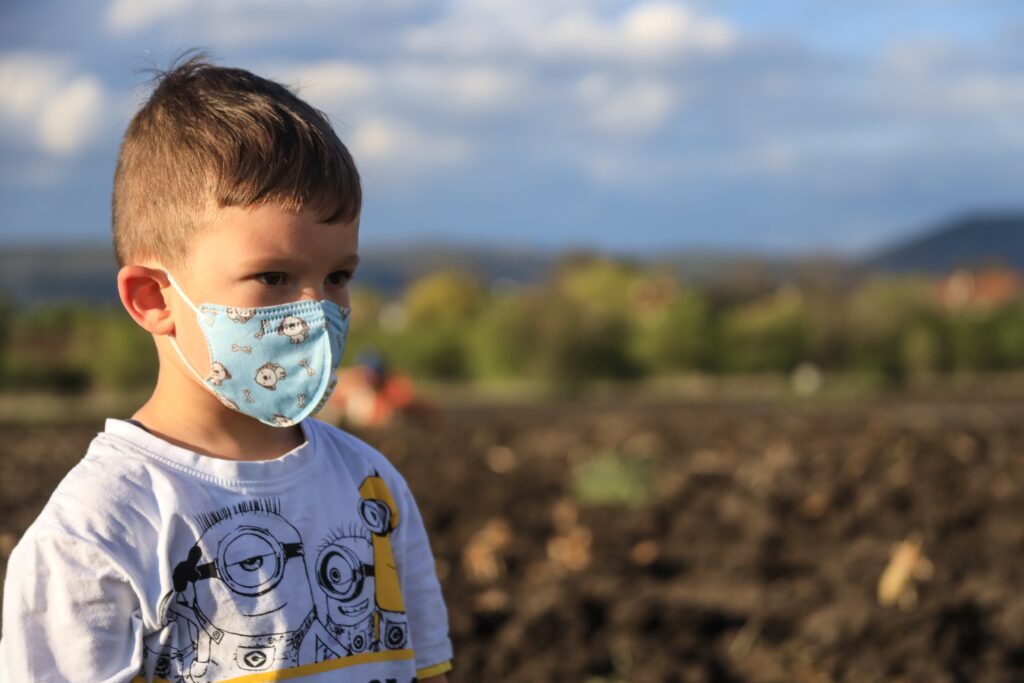
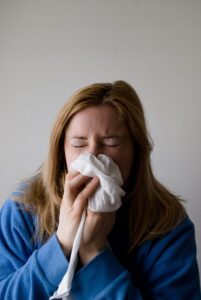 The phone rings, emails are received, browser searches are rising, news stories are increasing, conversations are exploding; all about building immunity during the pandemic.
The phone rings, emails are received, browser searches are rising, news stories are increasing, conversations are exploding; all about building immunity during the pandemic.
With 64% of Covid hospitalizations being attributed to poor dietary and lifestyle habits, we can do something today to help build our immune systems.
There are two areas of focus to improve your immunity in the fight against Covid and applies to all illness and disease:
- Dietary and Lifestyle Practices
- Targeted Supplementation
Dietary and Lifestyle Practices for Building Immunity During the Pandemic:
Eat a Whole Foods Diet
Avoid all processed foods and most ready-made foods which are high in sugar, salt, unhealthy fats, preservatives, nitrites and nitrates, artificial colorings and flavorings. Focus on whole foods (lean meats, fish, seafood, legumes and whole fruits and vegetables in their natural form). To state how important this is, the white blood cells that help fight infections dramatically decrease in their ability to fight infections when sugar is consumed. (Sugar also comes in the form of carbohydrates which will be a focus for another blog post.) We want to keep those cells fighting for us thus the importance of a healthy diet.
Eat the Rainbow
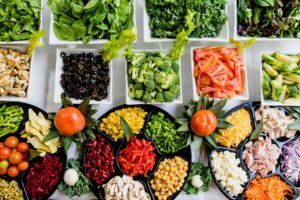 When it comes to fruit and vegetables, eat a large variety and a full range of rainbow colors to receive the most nutrients. The antioxidants in these foods help fight the free radicals and oxidative stress that builds up in our bodies and in turn, builds our immune system to fight these infections.
When it comes to fruit and vegetables, eat a large variety and a full range of rainbow colors to receive the most nutrients. The antioxidants in these foods help fight the free radicals and oxidative stress that builds up in our bodies and in turn, builds our immune system to fight these infections.
Other Foods that Fight Infection
Garlic, ginger, oregano, basil, rosemary, sage, and peppermint all have antiviral properties. One very important but less commonly thought of antiviral food is coconut oil. Get creative in the kitchen and add these wonderful and tasty items to your meals.
Avoid Inflammatory Foods
Covid is often referred to as an acute inflammatory disease. In children, it has been known to cause Multisystem Inflammatory Syndrome or MIS. It’s important we do all we can to keep our bodies in an anti-inflammatory state which means it’s best to avoid inflammatory foods such as wheat, gluten, dairy, soy, sugar, artificial sweeteners, artificial colorings, artificial flavorings, processed foods and alcohol. Focus on whole foods and eating the color of the rainbow with fruits and vegetables.
Stress Reduction
About 77% of people state that stress affects their physical health and 73% state it affects their mental health. While most of us will admit that we have more stress than we’d like, stress is something we will all deal with at some point in our lives. Many of us are dealing with chronic stress while 33% state they are in extreme stress.
More than one medical professional has said to me over the years, “you need to get rid of your stress.” I could have used some practical guidance as to how to relieve my stress. Yes, I knew that I needed to make some changes in my situation; however, most of us can’t change our health, financial status, family’s health, job, living situation or whatever else is causing our stress overnight! However, we can take some positive steps today in making those changes and with time and daily practice, learn how to deal with and overcome our stress.
While much of our stress comes from within (internal stress), there are also external stressors. Here’s an example of both types of stressors:
- Internal stressors: nutritional status, emotional thoughts, attitudes and feelings, overall health and fitness, presence of illness or infection
- External stressors: job, physical environment, home, toxins, relationships with others, trauma, all other challenges, difficulties, etc.
We often don’t handle internal stresses well if our body isn’t healthy. We must first improve our diet (as mentioned above) in order to improve our nutritional status. When our nutritional status is improved, our mental and physical health most often improves. (For more guidance on how to improve mental and physical health, work with a functional healthcare professional like myself to dig deeper and find a personalized health plan created specifically to meet your needs.)
While we may have less control over our external stressors, there are methods we can practice to improve the way we handle all stressors.
Stress Reduction Techniques
- Breathwork – Deep breathing allows your body to come out of the fight-or-flight mode. While there are many breathing techniques available online, one of the most effective is the 4-7-8. Inhale through your nose to the count of 4; hold for 7; exhale through your mouth with a swishing noise to the count of eight. Allow your stomach to expand like a balloon as you practice this technique. Do this for a set of 3-4 rounds at a time. Discuss this with your healthcare practitioner prior to beginning breathwork to ensure this is a safe method for you.
- Journaling – Writing down your thoughts throughout the day or at the end of the day prior to resting your head on the pillow is a very good relaxation practice.
- Prayer/Meditation – Calming yourself through either prayer or meditation is a very good practice.
- Walking/Yoga – Light exercise such as taking a walk or practicing yoga is also calming for the body.
- Music – Listening to music can be very calming. Reggae, jazz, classic country, classical and ambient music are considered to have the most calming effect. Music genres with slow beats are best to slow your respiratory and heart rates.
- Spend time with friends/family – The enjoyment you receive from spending time with your friends and/or family is priceless for your health. Even during these pandemic times if you are unable to visit indoors, you can take a walk outdoors, connect through video chat or Facetime, or even just a phone call. Who can you bless with your presence?
- Gratitude – Practice gratitude. Having a positive attitude and being grateful for what you have has been proven to impact your health and build immunity. Practice gratitude by writing thank you notes, creating a gratitude tree, keeping a gratitude journal, praising others vocally. To quote Willie Nelson: “When I started counting my blessings, my whole life turned around.”
- Laugh – The power of laughter is amazing to the body! Whether you laugh with a loved one over the phone or in person or you watch a good comedy, be sure to “schedule” laughter into your day.

Quality Sleep
A good night’s sleep is critically important for your immune system. Inadequate rest has been linked to an increase in obesity, cardiovascular disease, diabetes, depression and inflammation; most of which are risk factors for Covid. When building immunity during the pandemic, it is important to aim for 7-8 hours of quality sleep per night. Quality and duration of sleep matters. A good night’s sleep not only reduces your consumption of calories, it also improves your daytime focus and productivity while building your immune system.
Tips for a good night’s sleep:
- Routine Schedule – Go to bed at the same time each night; even on weekends and rise the same time each morning.
- Screen time – Limit your screen time prior to bed and avoid screen time at bedtime.
- Eating – Avoid eating 3 hours prior to bedtime. Your liver works hardest while sleeping and may keep you awake if you eat too close to turning in for the night.
- Bedroom Light – Keep your room dark at night.
- Room temperature – Research suggests that optimal room temperature for sleeping should be 65 degrees.
- Caffeine, Alcohol & Nicotine -Avoid caffeine and alcohol after late afternoon and completely eliminate nicotine.
- Exercise – Avoid intense exercise in the evenings (light exercise such as walking or yoga early evening is acceptable).
Exercise

Whether you are 18 and in fabulous physical condition or 95 and in a wheelchair, there is an exercise option for each of us. I will never forget the inspiration I received from an 84 year old woman with heart failure who was confined to her wheelchair in a 700 sq. ft. apartment. She told me she lost weight as she was exercising. When I asked her how she did it, she said she would strengthen her arms and legs by pushing herself against the wall or the bathroom sink. She used resistance to strengthen her arms and legs.
Exercising daily will help in building your immunity during the pandemic. Indoor exercising whether it be stationary biking, yoga, a treadmill or outdoor exercising with walking, biking, hiking, skiing, etc. for 30 minutes a day or a minimum of 150 minutes per week is advisable. The added bonus of exercising outdoors is breathing in the fresh air into your lungs. (Hopefully, you live in an area with clean air.)
Targeted Supplementation for Building Immunity During the Pandemic
Your healthy dietary choices are of high importance since FOOD IS MEDICINE! The listed supplements are provided for the goal of building immunity during the pandemic. Dosages are purposely not provided as dosages are to be individualized and it is suggested to discuss with your personal healthcare practitioner prior to starting any supplementation program to ensure compatibility with other pharmaceuticals, supplements and personal health circumstances. My clients receive individualized dosages for their specific needs. I offer only pharmaceutical grade supplements since all supplements are not created equal.
- Zinc – Zinc is required by our bodies for normal functioning of white blood cells.
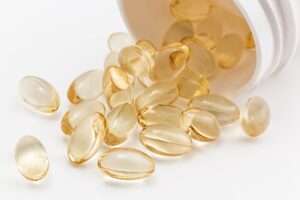
- Fish Oil – Omega 3 essential fatty acids have many immune enhancing benefits.
- Probiotics – Probiotics provide good bacteria to the gut and assist in a healthy gut and immune system.
- Vitamin C – Vitamin C is a potent antioxidant that helps fight viruses and bacteria.
- Vitamin D3 – Having optimal levels of Vitamin D3 supports a healthy immune system and helps prevent both viral and bacterial infections.
I hope this article answers the numerous concerns regarding building immunity during the pandemic. If you are interested in learning more about which dietary, lifestyle and supplement plan is right for you, please contact me at Info@BetterWithNutrition.com to see about becoming a Better with Nutrition client. We can work together to build your immunity to help you fight off viral and bacterial infections.
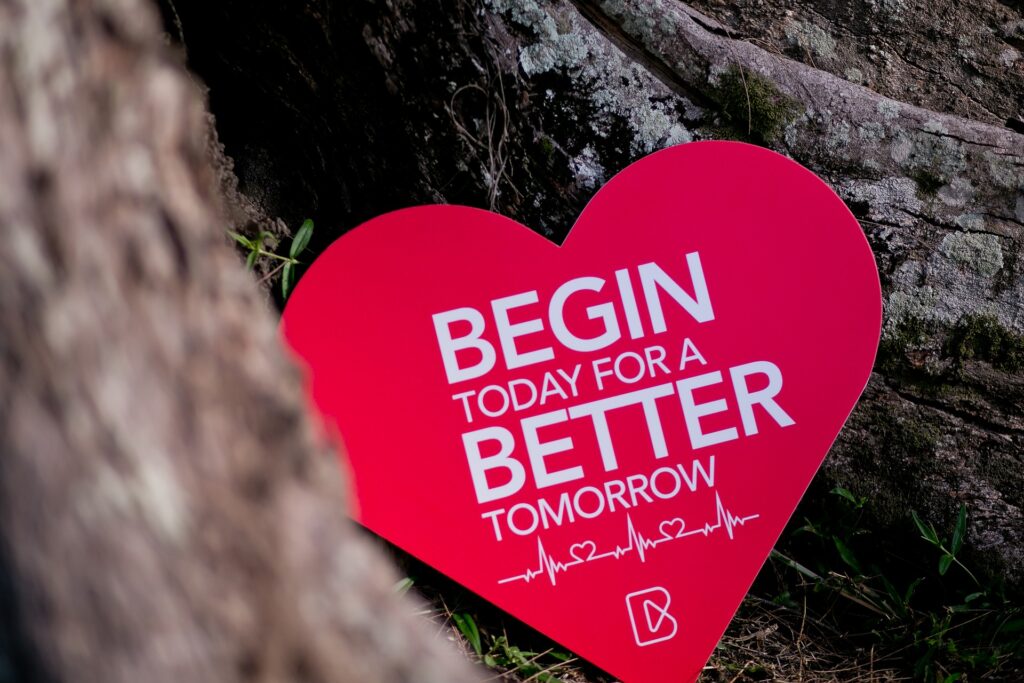 Resources:
Resources:
Stress Facts, Statistics and Trends: https://www.therecoveryvillage.com/mental-health/stress/related/stress-statistics/
Study estimates two-thirds of COVID-19 hospitalizations due to four conditions: https://www.sciencedaily.com/releases/2021/02/210225143635.htm
